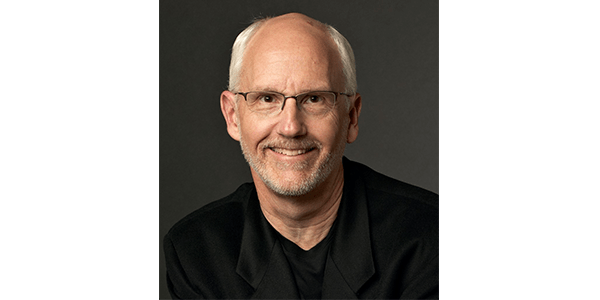“The (radically) changing landscape in biomedical technology innovation”
Friday, March 21, 2014, 4:30 PM
Foege Auditorium (S060)
Dr. Paul Yock, the Martha Meier Weiland Professor of Medicine and Mechanical Engineering (by courtesy) and Founding Co-Chair of Department of Bioengineering at Stanford University, will present the 26th Annual Rushmer Lecture. The Rushmer Lecture annually recognizes Robert F. Rushmer, the founder of UW Bioengineering.
Talk abstract:
We are in the early stages of a historic shift in medical technology innovation in which global developing economies are playing a critical role. The markets for medical technologies are expanding much more rapidly in the BRIC countries than in the West, particularly China and India. The dynamics of these markets are spawning new technologies with a much lower cost profile than in the U.S. or Europe. At the same time, in America we have entered a “perfect storm” for medical technology innovation with increased regulatory barriers, uncertain reimbursement reform, and diminished venture funding combining to slow the rate of new technology introduction here. One positive outcome for America is the potential for a “virtuous cycle” of low-cost innovation — that is, more affordable technologies developed for markets abroad will enter the U.S. market… which in turn will help force a new emphasis on cost effectiveness for products developed here. We will discuss the implications for training the next generation of medical technology innovators.
Biography:
Paul Yock is the Martha Meier Weiland Professor of Medicine and Mechanical Engineering (by courtesy) and Founding Co-Chair of Stanford’s Department of Bioengineering. He also holds a courtesy appointment on Operations, Information and Technology in the Stanford School of Business.
Dr. Yock is internationally known for his work in inventing, developing and testing new devices, including the Rapid Exchange ™ balloon angioplasty system, which is now the primary system in use worldwide. He also invented a Doppler-guided access system known as the Smart Needle™ and PD-Access™. The main focus of Dr. Yock’s research program has been in the field of intravascular ultrasound. He authored the fundamental patents for mechanical intravascular ultrasound imaging and helped conduct the initial clinical trials. In 1986 he founded Cardiovascular Imaging Systems, which was acquired by Boston Scientific in 1994. Dr. Yock has cofounded several other medical technology companies.
In his academic career Dr. Yock has authored over 300 peer-reviewed publications, chapters and editorials, a textbook and over 45 US patents. Recent awards include the Transcatheter Therapeutics (TCT) Career Achievement Award, the American College of Cardiology Distinguished Scientist Award and an honorary doctorate from Amherst College. Dr. Yock is a member of the National Academy of Engineering. Current research interests of Dr. Yock’s group at Stanford focus on development and testing of catheter-based delivery systems for cardiac cell transplantation and new catheter and molecular imaging techniques for cardiology. Dr. Yock also founded and directs the Program in Biodesign, a unit of Stanford’s Bio-X initiative that focuses on invention and technology transfer related to biomedical engineering.


